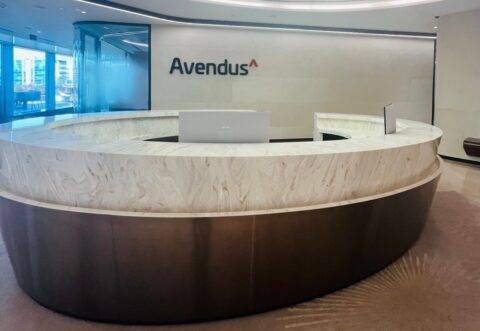
Avendus, the top investment bank for venture deals in India, confirmed on Wednesday it is looking to raise up to $350 million for its new private equity fund.
The new fund, called Future Leaders Fund III, will enable the Mumbai-headquartered firm to write larger checks and maintain a meaningful position in the startups it backs, said its managing partner Ritesh Chandra in an interview with TechCrunch. TechCrunch reported in early April that Avendus was putting together a plan to raise a new fund.
Avendus has established itself as the largest venture advisor for startups in India, a regular fixture in most growth-stage deals in the country. It provided services in over 30 deals last year, including merger and acquisition transactions, according to Venture Intelligence, a private market insight platform. The growing size of its private equity unit underscores the firm’s ambitions to get its tentacles entrenched even more deeply into the ecosystem and have more upsides on the winnings.
The firm’s rise to prominence was aided by the fact that many of its well-established global rivals, such as Goldman Sachs, Morgan Stanley, and JP Morgan, initially paid less attention to the Indian market, allowing Avendus to gain a foothold and build relationships with the country’s burgeoning tech entrepreneurs.
That relationship is also helping the firm’s private equity unit to gain access to some of the high-profile deals. Financial services startups Juspay and Zeta have largely allowed only Avendus outside of lead backer SoftBank on their cap tables, for instance. “These are businesses that came out of our relationships and networks,” said Chandra.
Avendus’ private equity unit, whose portfolio includes Delhivery, Lenskart, Licious, VerSe Innovation, Xpressbees, and the National Stock Exchange, has also earned a reputation for delivering large exits to its backers timely. LensKart and the National Stock Exchange, for instance, both delivered four times the money Avendus invested in within four years of investments.
“Our fund’s lifecycle is five to six years. A problem with the Indian startup ecosystem is that investors have poured a lot of capital but don’t see much returns for a long period of time. We are focused on how do we get our money back,” he said.
Despite the growing trend of tech startups in India going public, a phenomenon that was uncommon just four years ago, investors cannot solely rely on IPOs for returns. According to Chandra, Avendus has established relationships that enable the company to exit its positions by selling stakes to late-stage investors, such as sovereign investors, providing an alternative avenue for generating returns apart from IPOs.
